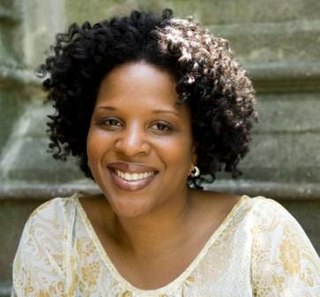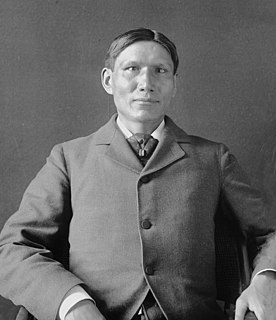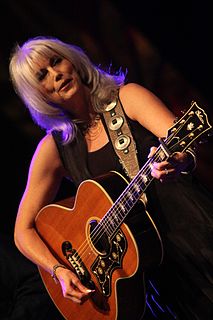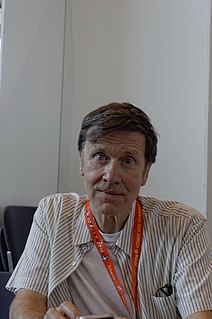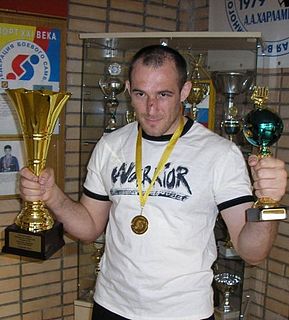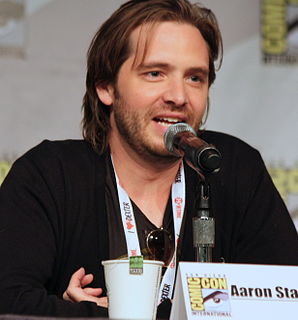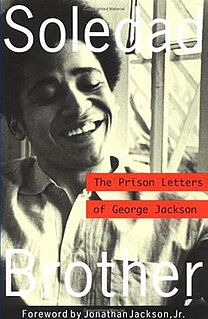A Quote by Tayari Jones
I like straightforward names for my characters. When I get too symbolic with names or places, I start feeling like the characters and the story are less read, and I lose interest.
Related Quotes
I see this with experienced writers, too: They worry so much about the plot that they lose sight of the characters. They lose sight of why they are telling the story. They don't let the characters actually speak. Characters will start to dictate the story in sometimes surprising, emotional, and funny ways. If the writers are not open to those surprises, they're going to strangle the life, spark, or spirit out of their work.
Ecclesiastes names thee Almighty, the Maccabees name thee Creator, the Epistle to the Ephesians names thee Liberty, Baruch names thee Immensity, the Psalms name thee Wisdom and Truth, John names thee Light, the Book of Kings names thee Lord, Exodus names thee Providence, Leviticus Sanctity, Esdras Justice, creation names thee God, man names thee Father; but Solomon names thee Compassion, which is the most beautiful of all thy names.
Some writers, I'm told, look for their characters' surnames in telephone directories. I don't - it seems too obvious. Or too deliberate: if you go looking for names, you're bound to find them, of course, but I've always had a superstitious hunch that the names you find by accident are always going to be better and more satisfying somehow.
I am by nature not a list-keeper, but I do keep lists of names and add at least one or two every single day without exception. First names, last names, middle names, combinations of. I've collected more over the years than I can possibly ever use in a single lifetime, but I keep the list going nonetheless. I tell my students that it's a habit, an act of attention, that will keep them engaged, keep them thinking about characters and stories, and how that match might get made.
